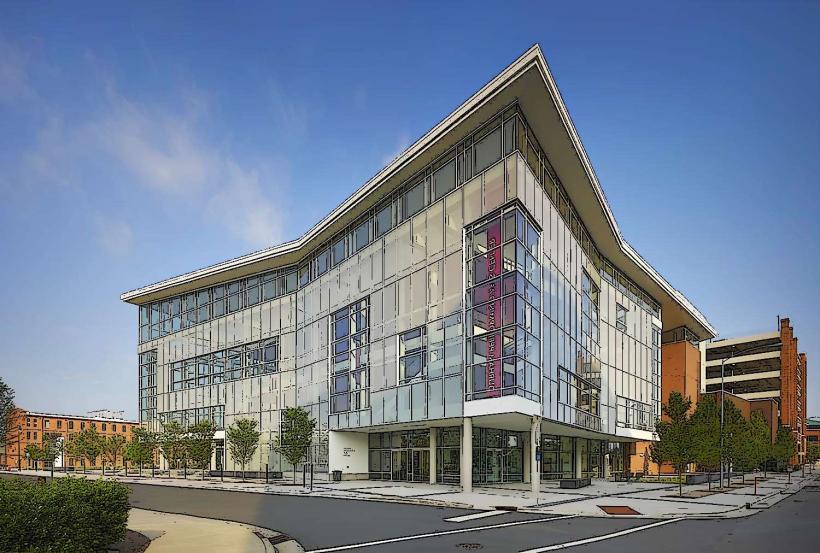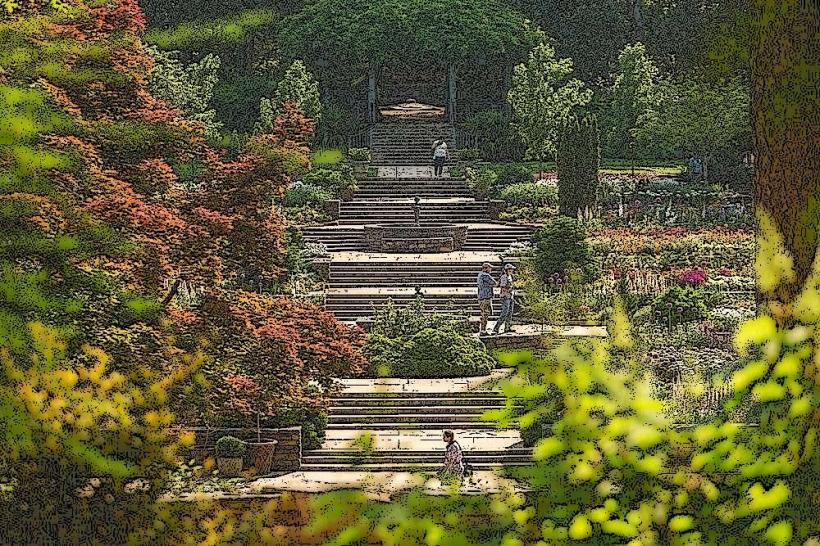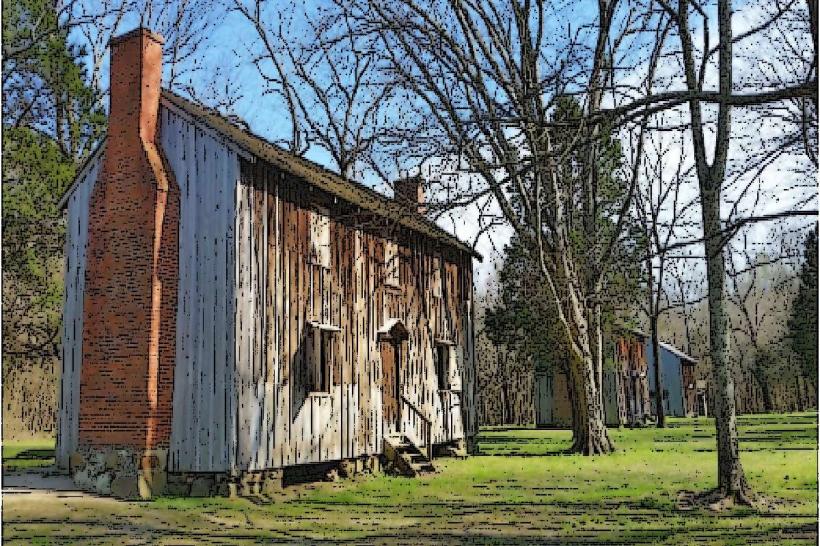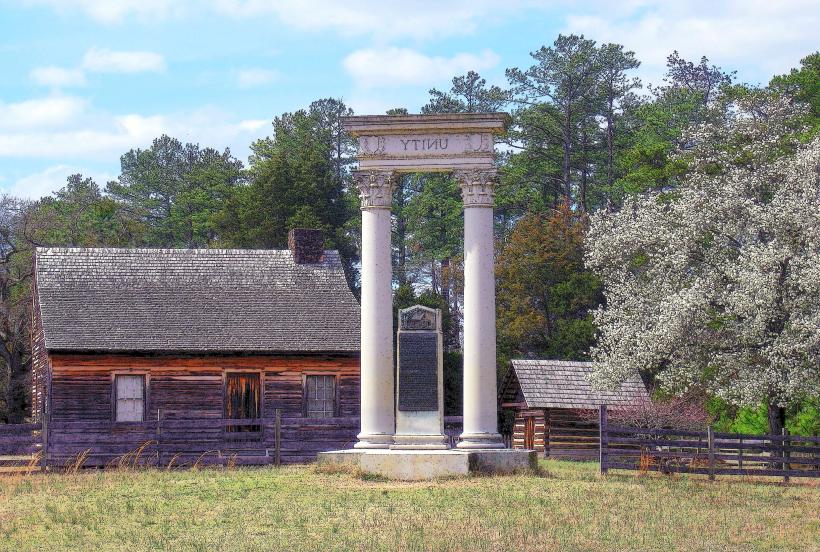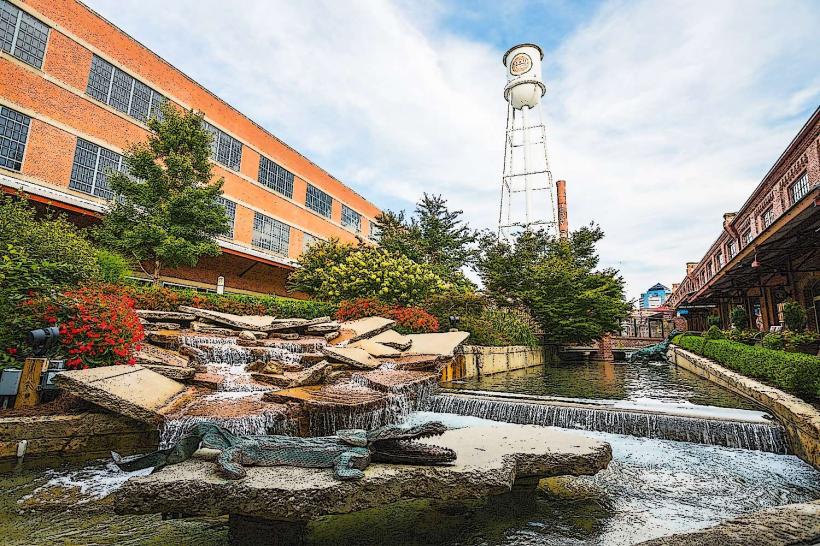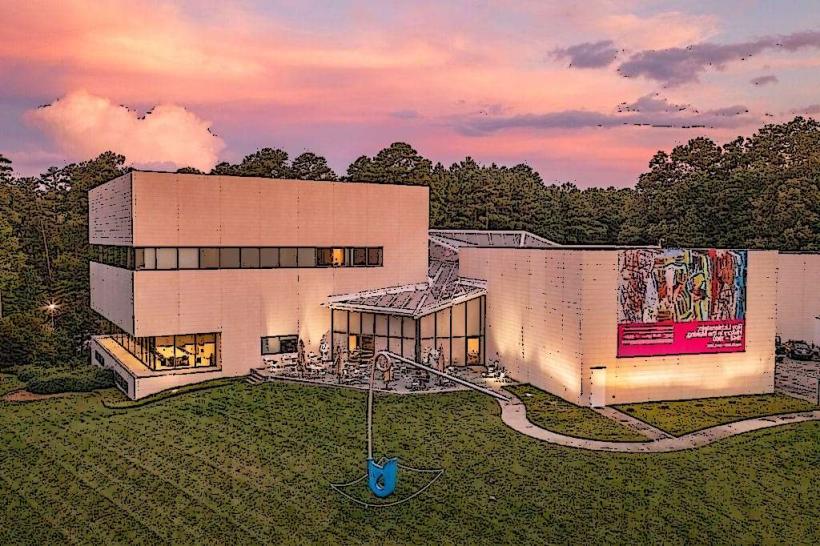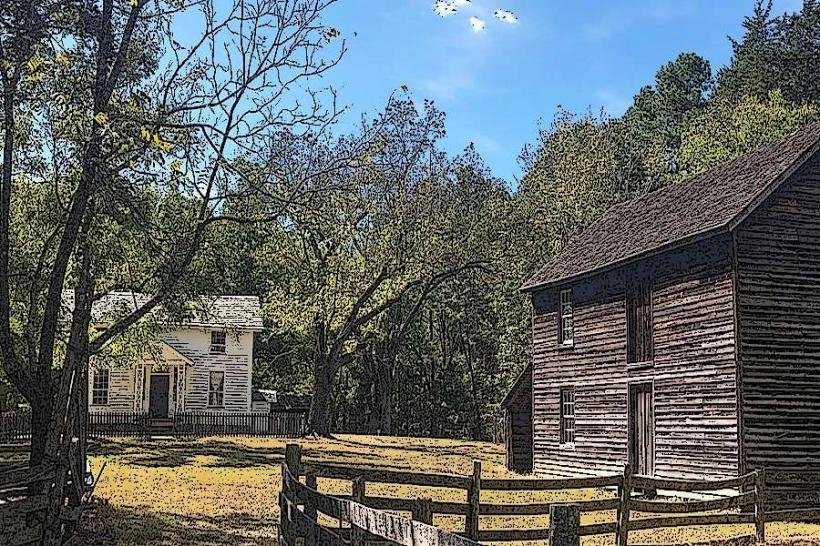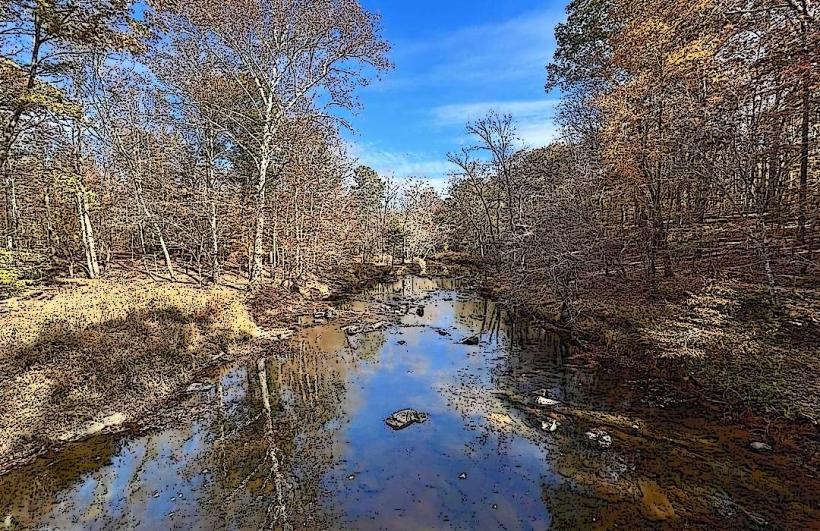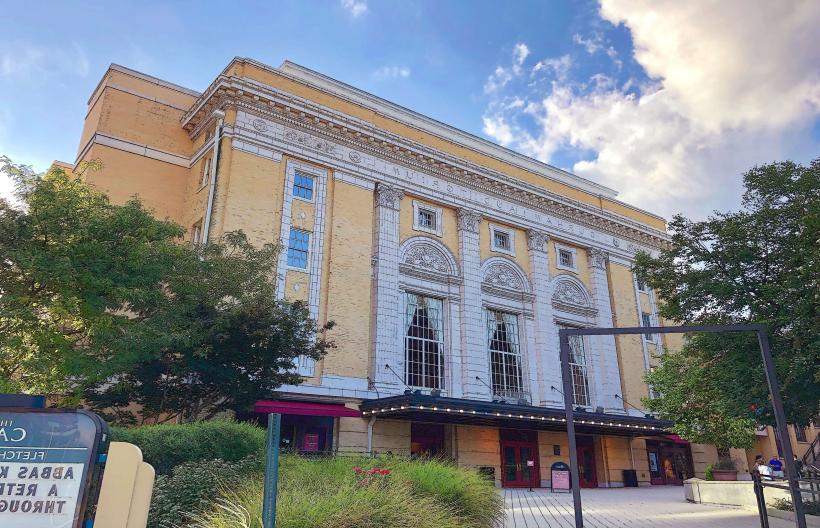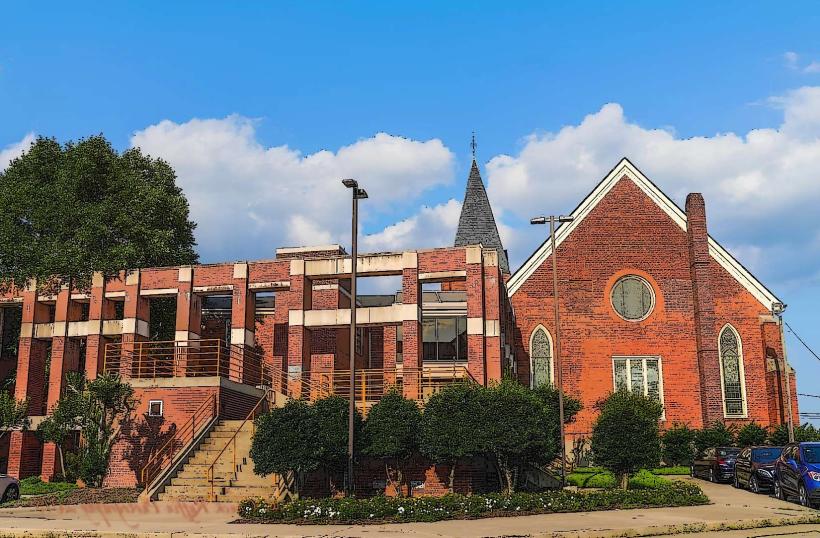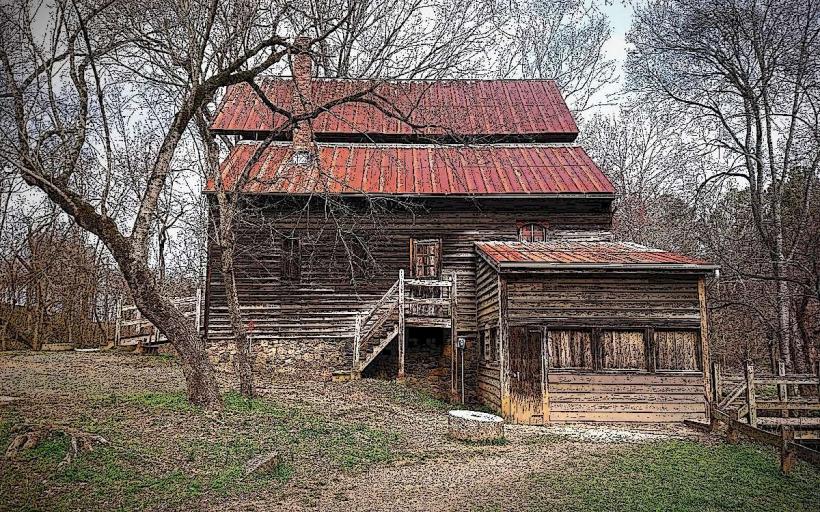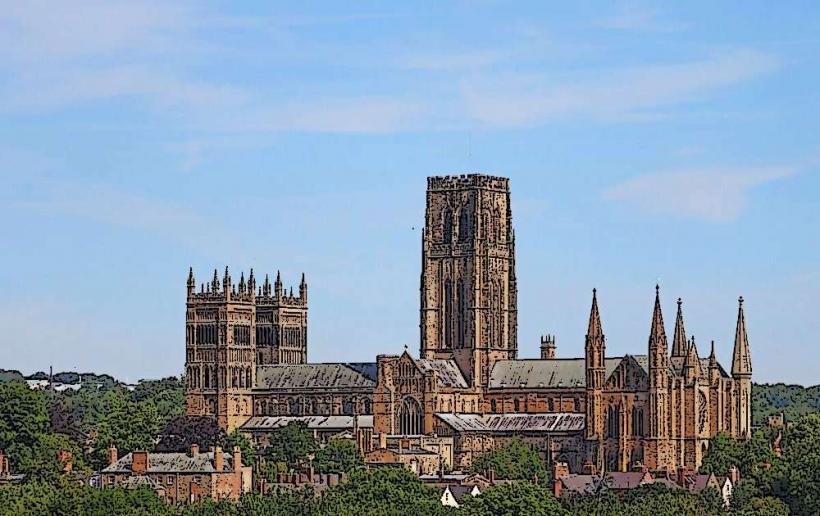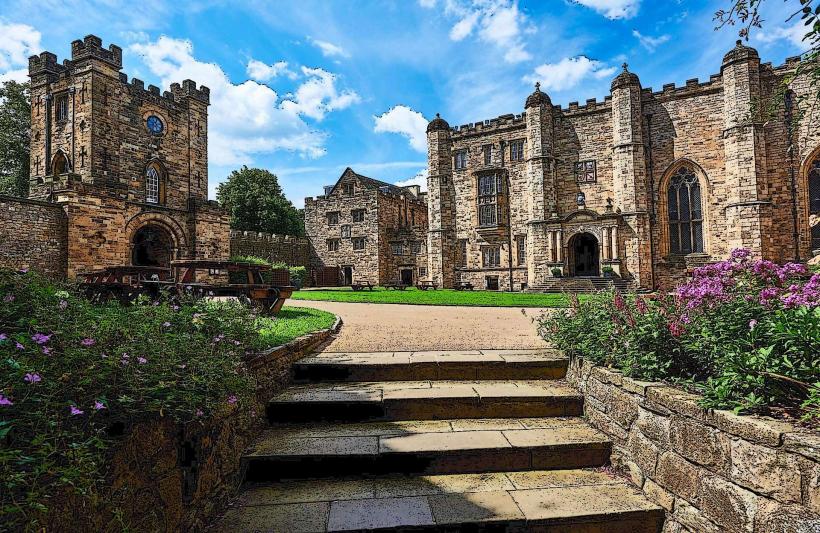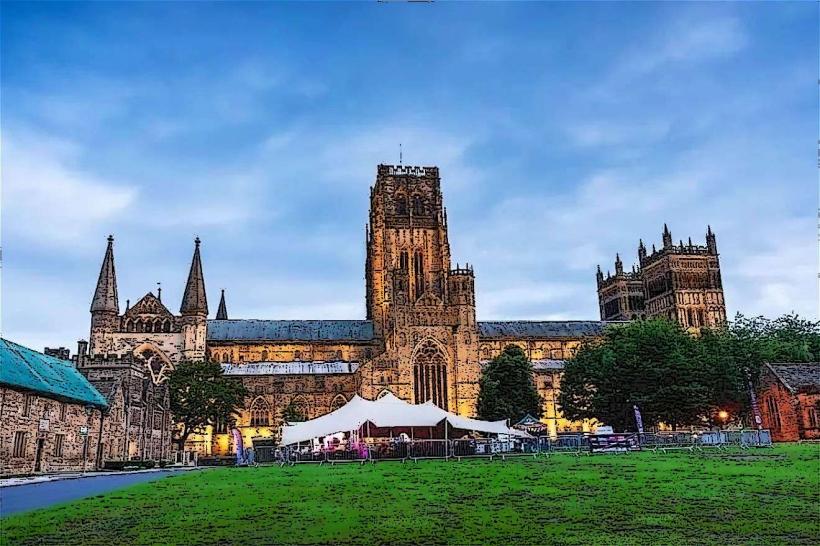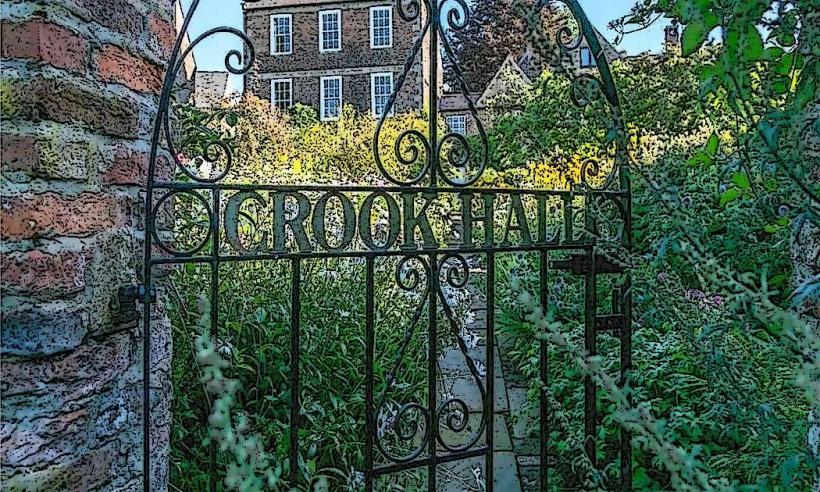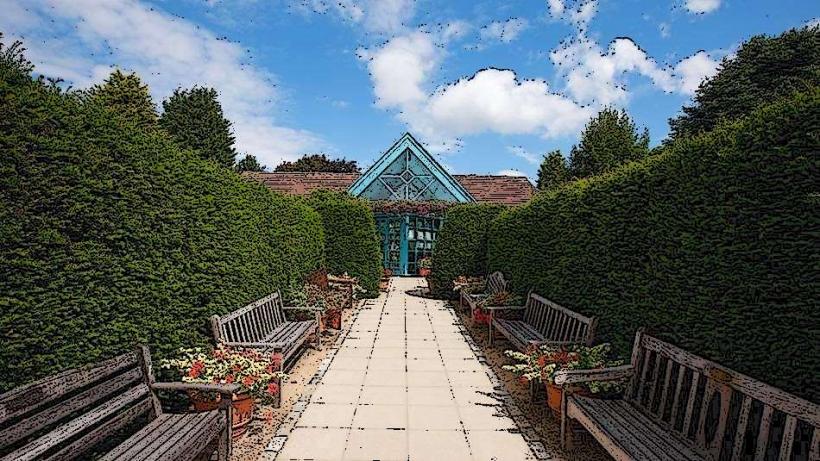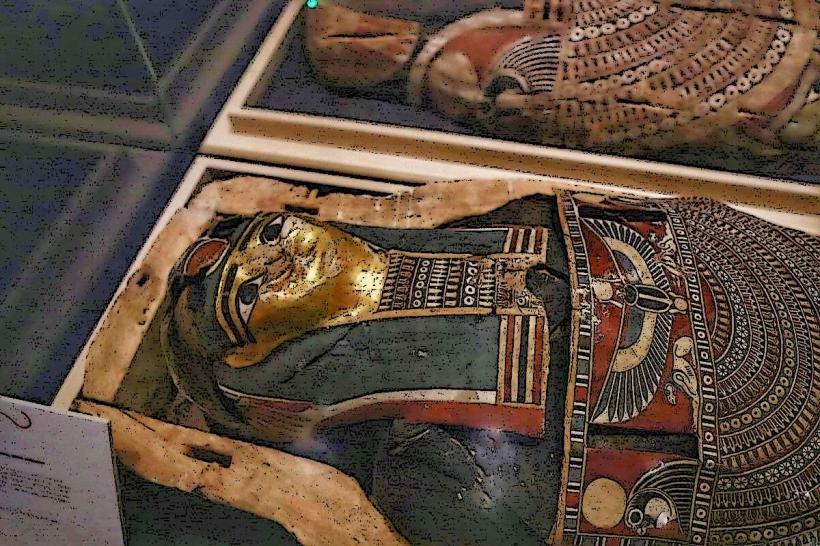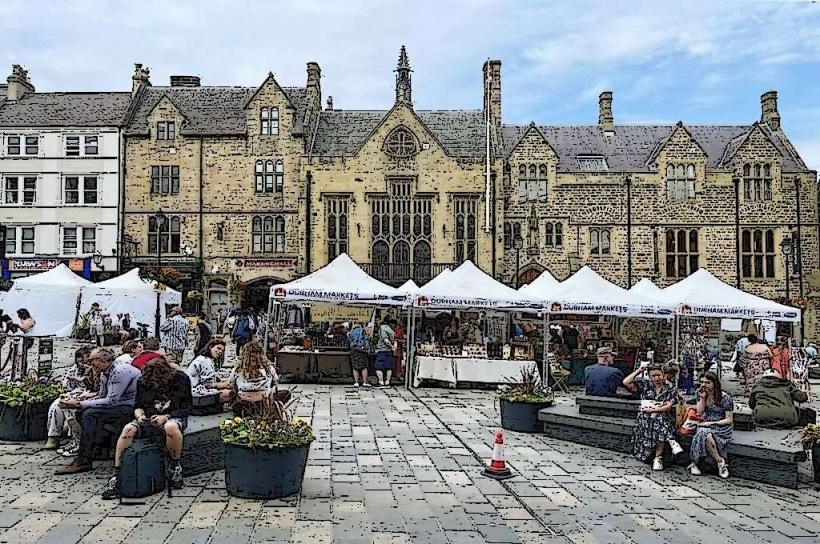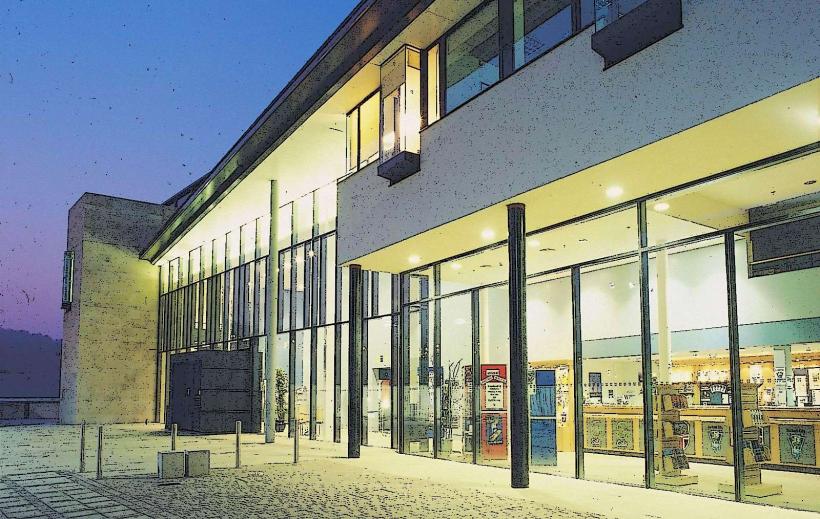Information
Landmark: Duke UniversityCity: Durham
Country: USA North Carolina
Continent: North America
Duke University, Durham, USA North Carolina, North America
Duke University is a private research university situated in Durham, North Carolina, USA.
The campus comprises a mix of Gothic and modern architectural styles, with prominent use of Duke stone, a local sandstone, and red brick.
Visual Characteristics
The West Campus features Collegiate Gothic architecture with limestone buildings, pointed arches, and steep roofs, exemplified by Duke Chapel. East Campus exhibits an earlier Georgian architectural style with red brick structures. The grounds include extensive wooded areas and manicured lawns.
Location & Access Logistics
Duke University is located approximately 4.8 km (3 miles) southeast of downtown Durham. Access is via NC-751 (Duke University Road) and Science Drive. Ample parking is available in designated university lots, with hourly and daily rates. Public transport options include GoDurham bus routes 4, 6, and 11, which serve the campus perimeter.
Historical & Ecological Origin
Founded in 1838 as Trinity College, it was renamed Duke University in 1924 in honor of Washington Duke, a local tobacco industrialist. The university's expansion and architectural development were significantly influenced by the design of Julian Abele, a prominent African American architect.
Key Highlights & Activities
Visitors can tour the Duke University Chapel, explore the Sarah P. Duke Gardens, and visit the Nasher Museum of Art. Walking tours of the campus are available through the university's visitor center.
Infrastructure & Amenities
Restrooms are available in most academic buildings and public facilities. Shade is provided by mature trees across campus. Cell phone signal (4G/5G) is generally strong throughout the university grounds. Food vendors and dining halls are located within the campus, primarily in the student union and academic buildings.
Best Time to Visit
For photography, early morning or late afternoon light provides optimal illumination for the Gothic architecture. Spring (April-May) and Fall (September-October) offer pleasant weather conditions for outdoor exploration.
Facts & Legends
A persistent local anecdote suggests that the ghost of a former student haunts the stacks of the Perkins Library, often seen studying late into the night.
Nearby Landmarks
- 0.5km West: Duke Homestead State Historic Site
- 1.5km Southwest: Durham Bulls Athletic Park
- 2.0km West: American Tobacco Campus
- 3.0km West: Durham Central Park

